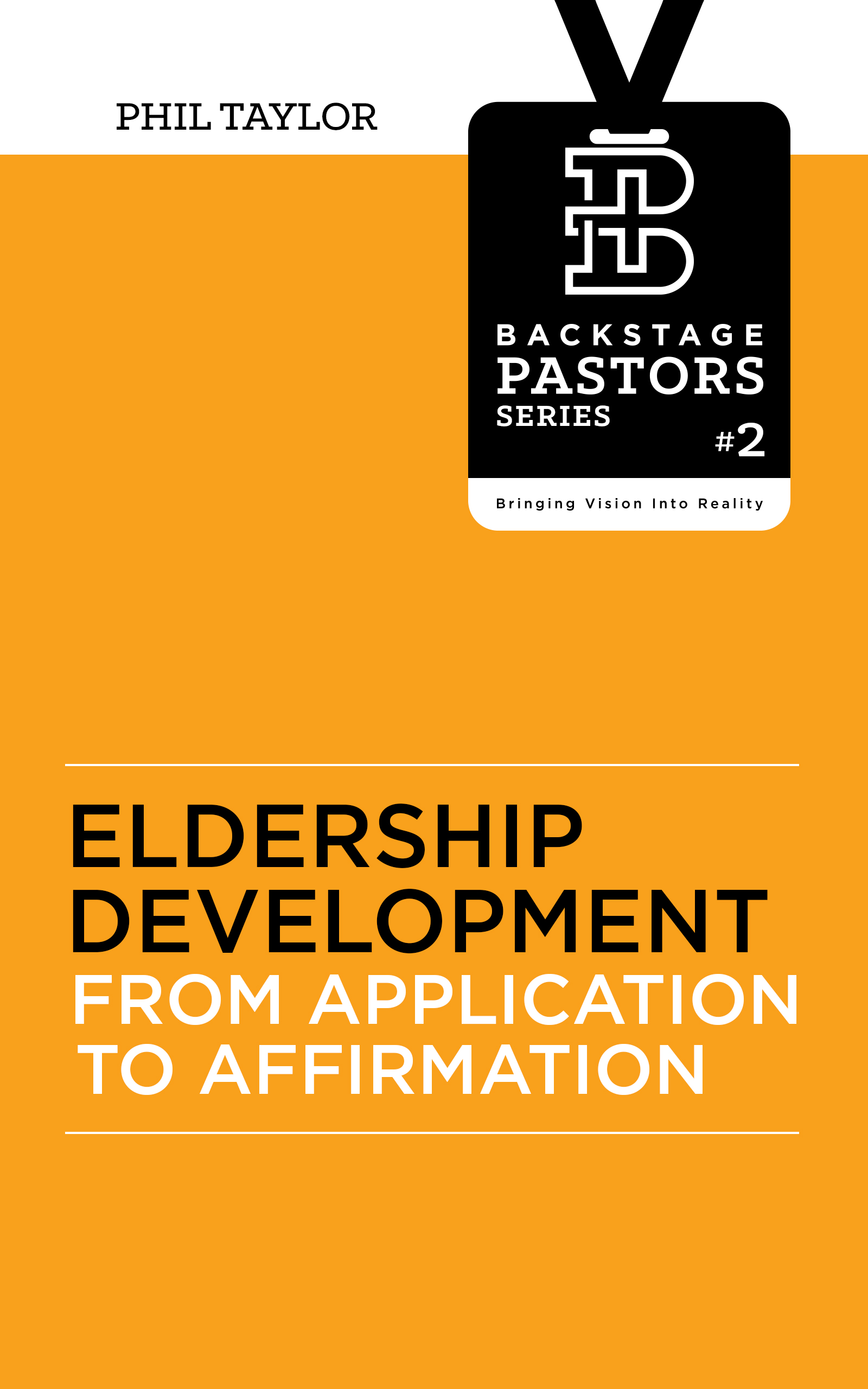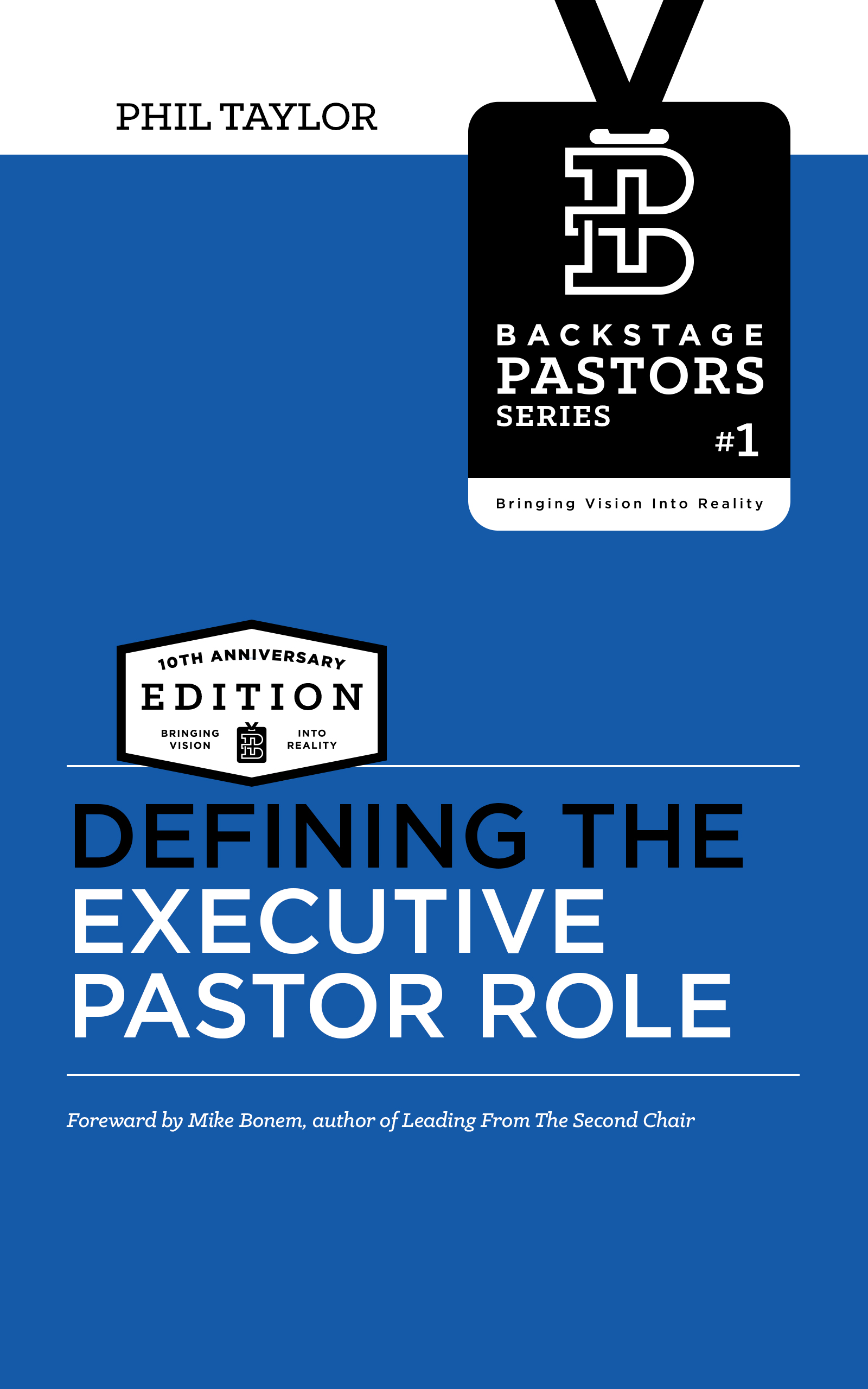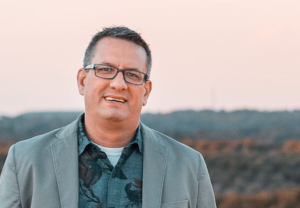Change. Not a word we always like to speak about as leaders. Personal change is never easy, especially when it involves my own character. And there just seems to be an increased level of difficulty when it involves change of those around me with whom I have influence or responsibility. Like jumping into the unknown. So how do I help others authentically change?
I consider one of my roles as a leader to help shape those in my sphere of influence. Leading is not just about projects. It is more importantly about people.

Today we are on my final post of my “everyday carry” (or EDC) for leadership. It has been extremely helpful for me to think through those essentials that help me to be a strong leader and maximize my influence with others.
I think one of the reasons that change feels so overwhelming at times is because I know the direction I need to go but the immediate path in front of me seems murky or foggy. Sort of like jumping off the end of a pier when you cannot clearly see what is in front of you.
I would like to share a tool that illustrates one of the most effective methods for how change occurs. For understanding how we change into the image of Christ. If you can grasp this as a leader, you will not only transform yourself but also have the ability to touch those around you. I am deeply grateful for Pilgrimage Education Resources, who has done plenty of paradigm shifting in my own life through their teaching.
What is God’s agenda for me?
It all begins with an agenda. We all must see that if we are believers in the gospel, then God’s agenda for us is very clear.
For those whom he foreknew he also predestined to be conformed to the image of his Son… (Romans 8:29)
If we are not clear on this, the process of change will not make sense. God’s agenda for me is that I look more and more like His son Jesus. And every experience that brings tension into my life and causes me to ask questions serves to reshape my responses and actions to appear more and more as to how Jesus would respond and act.
So what is the bigger picture?
God allows people into our life. These people, invited or not, ofttimes intersect our world with some circumstance, action, or word that we perceive negatively – it is a perceived threat. And our perceptions and reactions to this yield personal emotions to having had our space violated.
And so we emote back because we desire to regain control. We do not like having our life out of a state of equilibrium. It is uncomfortable and makes us feel like things are not secure.
So for the sake of illustration, let’s go with the following scenario: there have been times in my marriage where my wife comes to me and graciously and lovingly points out something she sees in me that is hurting our marriage. My initial response is I do not want to be wrong. I want to be doing all the right things as a husband. And now my “security” feels threatened. Things feel out of balance. And so I emote.
Defensive spirit. Louder words. “Let me help you understand.” No teachable spirit.
And then some hours later, I realize what I did and apologetically go to my wife and ask her forgiveness. I use phrases such as “I will do better next time.” “I am sorry I spoke to you that way.” “I will try harder to resist being sarcastic with you. I promise.”
Change. It is evident that I need to change. And things go better for a few weeks and then something triggers “it” again. New day, same apology. The problem is that after some time, if I really do desire to change, I am either going to 1) get frustrated at my repeated failures, or 2) quit trying because, after all, “I tried and God does not seem to be helping me.”
Ever been there? I have, many times.
And my problem is not that change is hard, because it is, but my problem is the way that I understand the process of change to be.
This is important: if I do not grasp God’s process for how transformative change occurs, I will continue to struggle with the same brokenness over and over.
And if, as a leader, I do not fully comprehend how change happens, how am I to come alongside and help others around me?
When tension comes into my life, I can go one of two directions. I can make things complex by pointing my finger at the people and circumstances that I believe are generating the tension. Why complex? Because I cannot change others or outside circumstances. Or I can take a more simpler, yet profound, path and that is allowing God to take me deeper into me to get to the root of who I am.
Asking better questions
It all starts by asking better questions. The right questions.
What did I get that I was not expecting from my wife or what did I not get that I was expecting? In this case, I was not anticipating that my wife would dare bring up my own brokenness before me.
So, what is it that I am valuing as so important that I have these expectations of my wife? It could be that I value being significant. And I value being right. But God says to me, “Antone, you are my adopted son. I love you like I love my son Jesus. What more significance could you ask for? And why do you value being right? The perfect righteousness of my son, Jesus, has been placed upon you. You have been declared righteous. Why do you think you need to manufacture your own with your wife?”
And where do these values within me come from? They come from what drives me deep within my heart. I thirst for significance and rightness and so they drive the posture of my heart.
So why do these things drive me? Because, ultimately, there is a flaw in the way that I view my Father and there is a flaw in how I view my identify with Jesus – my creed of what I believe. I am finding my identity in things other than Christ and the result is now intersecting in how I respond to my wife.
This – THIS – is the depth I must get to if I want true change in my life. Because any ongoing brokenness or sin is ultimately tied to my view of God and my identity in Jesus.
Always.
And if I choose to never get to this depth, it is guaranteed that I will keep stumbling over the same issue, over and over and over.
It is a fresh revelation to understand that my issues in my life are all tied to how I view God and how I view my son-ship with Jesus. You cannot disassociate them. The problem is that this depth of reflection gets uncomfortable because I begin to see what drives me at the core of who I am.
Really, this is good news
So why is this good news? Because it is at this point that authentic change can occur. And this change comes in three steps:
- Commit to God. I need to see what God says about my brokenness in His word.
- Commit to the body. In our western culture we miss this but God assembled His church as a body. And as a body, we are instructed to live in biblical community in order to help each other see truths about ourself and push each other to Jesus. No solo acts.
- Commit to change. I see the word. I see my true self with help from others. I then make new choices out of a new identity and exercise myself to godliness.
As Romans 12:1-2 states, I am transformed by renewing my mind. And in this renewal, change, true and authentic and lasting change, begins to appear.
It looks something like this:
With a new declared reality, I have a new creed. This is the way I used to believe but now this is what I believe.
And because of that new reality, these new truths are what drive me.
And now, because of what drives me, this is what I value about my wife, my significance, and sovereign control.
And because of new values, I can have new expectations of my wife in how I view her.
And this is what will now form my responses to her.
Try this process on yourself in your own areas of brokenness. See if God begins to reveal your ugly heart and replace it with His beautiful righteousness. See if you experience change in your life. You know. The kind that actually lasts. And then see how your view of others is enhanced for their own change.











